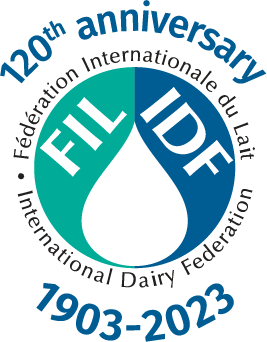Stakeholders
Supporting the work of international governmental organizations
Share this page
Working together for safe and sustainable dairy
IDF collaborates with many governmental and non governmental organisations across the world that share our mission to nourish the
world with safe and sustainable dairy and has a number of long term
strategic partnerships with intergovernmental agencies as the representative of the dairy sector.
IDF provides expertise in a range of areas and plays a central role in contributing to the development of global standards that build greater confidence, consistency and transparency within the dairy sector and beyond.
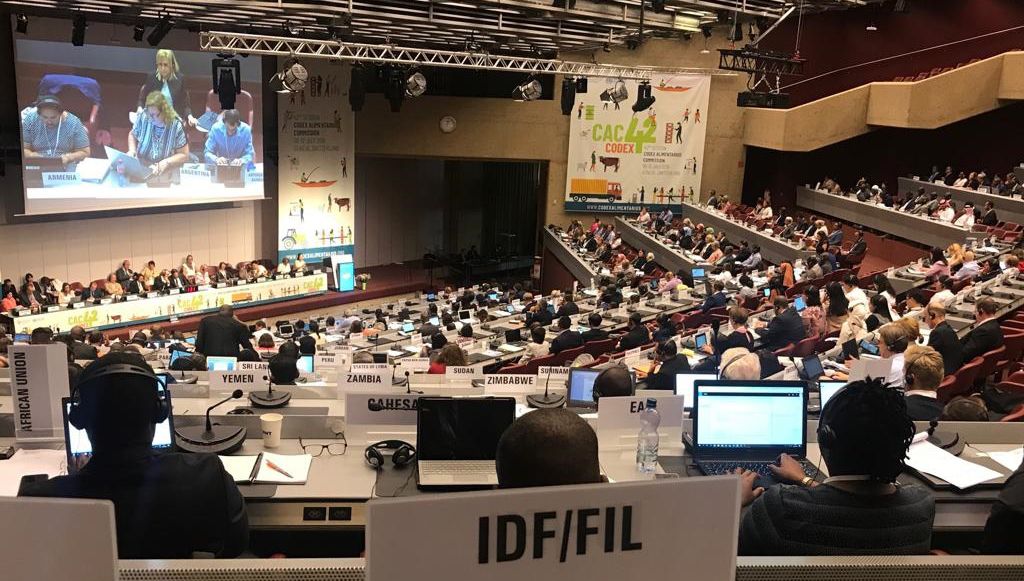



IDF’s strength lies in building consensus and providing expertise grounded in science to enhance trust in dairy products and production.
CAROLINE EMOND, IDF DIRECTOR GENERAL
Strategic partner organisations
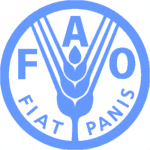

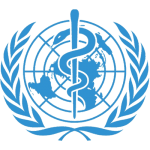

Codex Alimentarius (CODEX)
IDF has served as technical advisor to Codex since 1963, the year it was established, and is the
platform for the international dairy sector to discuss standards for international trade and to achieve consensus on a common approach to issues discussed in Codex. IDF contributes to the work of the Codex Committee on Milk and Milk Products (CCMMP) by providing first drafts of standards and contributing expert input throughout the development of new standards until their final adoption.
IDF also monitors all the other Codex Committees that influence the dairy sector. IDF experts from all over the world are actively involved in Codex scientific and technical discussions with potential impact on production, packaging, marketing, consumption and trade prospects of dairy products.
To learn more, visit the Codex Alimentarius website
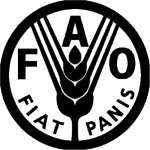

The Food & Agriculture Organization of the UN (FAO)
IDF entered into a formal consultative status with FAO in 1952. Over the past decades, a close working relationship has been established in various fields of joint interest such as good dairy farming practices, animal health, hygiene and safety and dairy policies and economics, and the collaboration has resulted in several joint publications.
To learn more, visit the FAO website
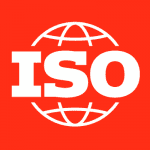

International Organization for Standardization (ISO)
IDF and ISO – established in 1947 – began their longstanding collaboration in 1963, and continue to jointly develop and publish international standard methods for sampling and analysis for milk and milk products. IDF is also involved with ISO horizontal work on microbiological methods of analysis and works with ISO on milking machines and other technical topics of common interest.
To learn more, visit the ISO website


World Organization for Animal Health (WOAH)
IDF and WOAH signed a formal agreement of cooperation in May 2003, and work to exchange knowledge and information on the dairy sector, veterinary research into diseases of milk producing species and aspects of animal health and zoonoses, animal welfare and food safety.
To learn more, visit the WOAH website
International Networks


The livestock environmental assessment and performance (LEAP) partnership:
LEAP is a multi-stakeholder initiative made up of Governments, NGOs and members of the private sector, which is hosted by FAO. It develops comprehensive guidance and methodology for monitoring the environmental performance of livestock supply chains. Since July 2012, the dairy sector, represented by IDF, has participated in LEAP and been a key player in its major sustainability initiatives, with IDF Director General Caroline Emond LEAP Chair in 2019.


The global agenda for sustainable livestock (GASL):
IDF is an institutional partner of GASL a multi-stakeholder partnership with the vision to enhance the contribution of the livestock sector to sustainable development. GASL provides an important global platform to demonstrate solutions and best practices in the livestock sector and contributes to the achievement of the sustainable development goals of the UN Agenda 2030.
